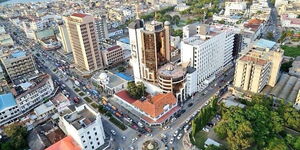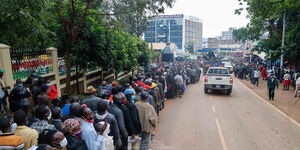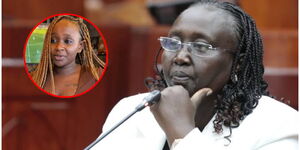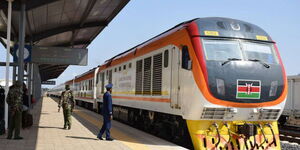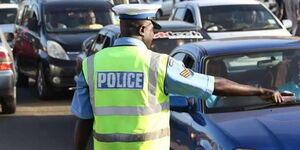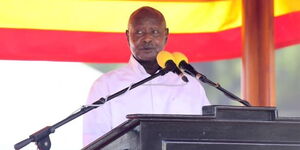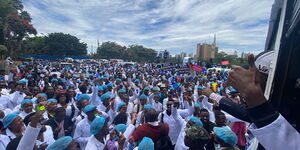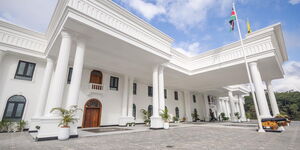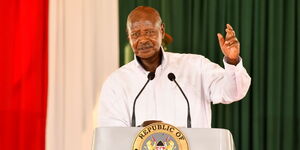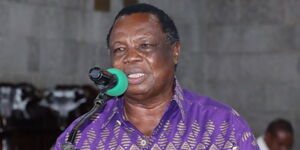Deputy President William Ruto, by all accounts, is a wealthy man. He owns various multi-billion properties including a hotel, commercial buildings and agri-business ventures.
His meteoric rise in business and politics can be traced back to his days as a student at the University of Nairobi, where he also chaired the Christian Union. According to multiple past reports, Ruto's first brush with power came when a group of university students were invited to retired President Daniel Arap Moi's Kabarak home.
After the visit, he secured a spot on a list of students to go on a presidential trip to Asia, where a young Ruto made a smart business move that set him on the path to success.
Word has it that while his peers spent their stipend on irrelevant items during the trip, the DP purchased various electronic gadgets which he sold to his comrades upon his return.
In a report by Daily Nation, a source identified as one of the deputy president's former classmates at the university's Chiromo Campus, confirmed the venture, further claiming that Ruto made a tidy profit.
The report further stated that it was the connections he made during the trip that Ruto leveraged to get close to Moi's administration, eventually becoming part of the Youth for KANU '92 (YK92) lobby group that campaigned for the retired president in the 1992 General Election.
After YK92 was disbanded in controversial circumstances in 1993, Ruto engaged in various businesses as he plotted a run for the Eldoret North parliamentary seat in 1997.
By 1997, the DP had built his financial and political muscle and went on to trounce incumbent Reuben Chesire.
One year later, Ruto was appointed as an assistant minister in the Office of the President by Moi.
In August 2002, Ruto gained a promotion as he was appointed Minister for Home Affairs.
He backed President Uhuru Kenyatta in the 2002 General election, losing to Mwai Kibaki's NARC Coalition. Ruto joined the Raila Odinga-led Orange movement to oppose constitutional change in 2005 and was one of Odinga's most prominent supporters in the disputed 2007 General election.
Ruto fell out with Raila in 2009 when he was the Minister of Agriculture in the Grand Coalition Government and eventually left the Orange Democratic Movement (ODM) before forming a coalition with Uhuru.
In March 2013, he became Deputy President after President Uhuru Kenyatta won the hotly contested election, at a time when both of them were indicted to stand trial at the International Criminal Court (ICC) for their alleged involvement in the 2007/2008 PEV. The cases were eventually dropped due to lack of evidence.
Currently, Ruto has made no secret of his desire to succeed Uhuru in 2022 when the next polls will be held.
If successful, it would be the culmination of years of ruthless ambition and erudite political planning.

